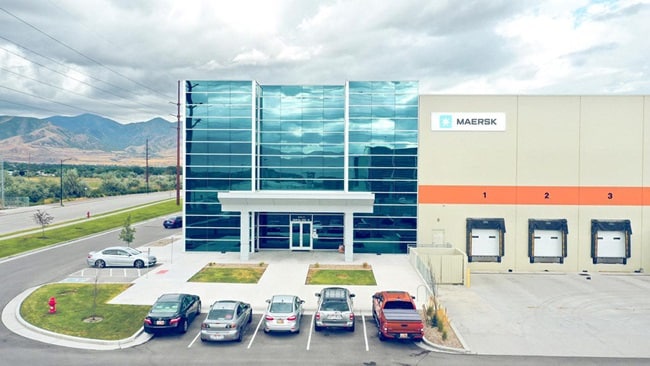Forecasting your shipments may not immediately spring to mind as the most crucial part of your cargo’s journey. After all, it isn’t as tangible as the vessel or cargo itself! However, without good forecasting, you could be left with cargo and no vessel to put it on — or vice versa. So accurate forecasting is actually a lot more influential than it may seem.
Why do I need to forecast shipments?
There are a number of reasons why forecasting is so important — some very obvious and others not so:
- More time means less stress - One key benefit of good forecasting is that it will simply make your life easier. And not just that, it will make life much better for your suppliers, your warehouse teams, the ship liners you use, and others who support you — because they will be able to plan and prepare for your needs.
- Keep your customers happy - The best way to keep your customers happy is by giving them the product they want when they want it. Forecasting the demand you expect for your product means you can ensure that the right products always have the right stock levels.
- Cost efficiency - There are a number of ways in which good forecasting can improve your cost efficiency. For example, by identifying stock that is not selling, or is obsolete, you can remove it from your warehouses and future planning. This brings the cost of keeping these products down. Forecasting your shipments in advance will also allow you to secure better rates instead of urgently booking shipments and potentially having to pay a high price.
How do I forecast shipments better?
So now you know why forecasting is so essential — how do you make sure you are doing it right? And how can you do it better?
- Give yourself time - Time is your greatest friend in this business, so give yourself as much time as you can to find the best rates.
- Be aware of peak periods - It is important in your forecasting to understand the peak periods in logistics when rates or demand may be subject to change. These include Chinese New Year and Christmas, but there are many others, so build them into your work.
- Use data - Forecasting can be as simple as a spreadsheet, but when utilised well it can give great insights into your customers’ needs or trends within your products. Use all the data you have available to you to inform your forecasting and help make insightful decisions.
- Use the right type of forecasting - In the context of a supply chain, there are a few key types of forecasting: Demand, Supply and Price. It’s important to see how each could benefit you. Demand forecasting, for example, will help you see which of your products is in demand currently and look ahead. Supply forecasting, however, will help in understanding the trends around you (technological, political, etc.) that may affect supply. Price forecasting is based on data gathered on both demand and supply, which then provides a prediction of short- and long-term prices and can give you insights into the reasons for those trends.
How can shipment forecasting improve business results?
Forecasting has the potential not just to make your life easier, but if done correctly, it could help you make serious savings and increase your revenue by helping you spot trends and generally understand your market better. It may take some time to get your forecasting established, but the potential benefits are certainly worth the work.
If you want to know more about this topic, make sure to also check our article about supply chain forecasting.
注册订阅 The Logistics Pulse 时事通讯
使用此表格注册,即可直接在您的邮箱中接收我们的洞察见解,进入一个真正的综合物流世界。我们精选的文章可帮助您驾驭供应链,了解行业趋势,并制定物流战略。您可以随时取消订阅。
感谢您注册
发生意外错误
很抱歉,我们无法完成您的新闻通讯订阅注册。












